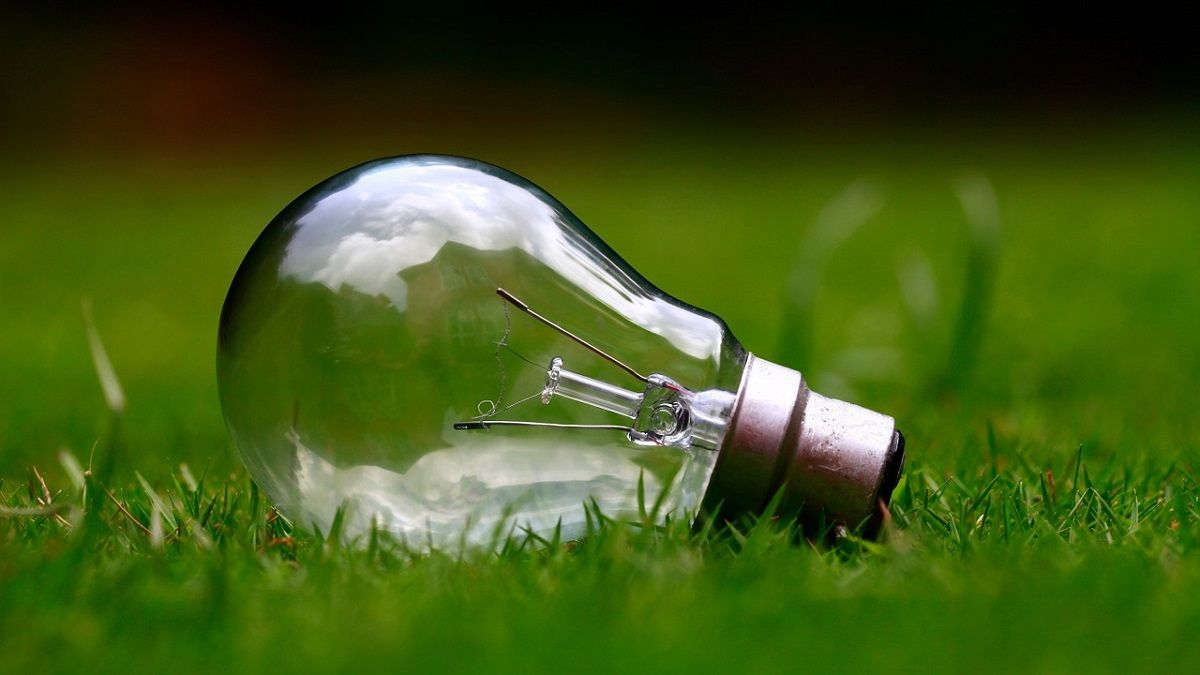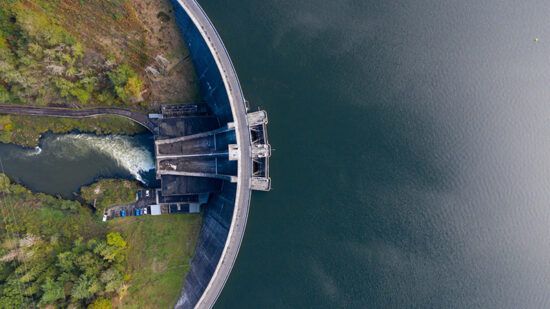Venture capital investment across Europe has started to pick up again after sharp declines from the beginning of 2022, according to Dealroom.
The analyst’s European update indicated start-ups around the continent raised $13.7bn (€12.8bn) in the first quarter of the year, up 5% from $13bn at the same point in 2023. According to Dealroom, European venture capital investment is tracking a similar path to 2023, and showing better performance than 2019 and 2020, although it still lags behind 2021 and 2022.
At a sector level, Dealroom said the most-funded start-up area in Europe was energy – attracting $3.1bn. This was closely followed by health and fintech, both bringing in $2.8bn in investment in the first three months of 2024. Volumes drop considerably after this, with transportation ranked fourth at $1.7bn and enterprise software fifth at $1.6bn.
The UK emerged as the top venture-funded country in Europe, attracting $3.9bn of investment – albeit this was 19% lower than in 2023 – followed by Germany ($2.3bn) and France ($1.7bn). Germany, however, saw an increase over one year of 16%t, with France falling nearly a quarter (23%). The country with the largest increase was the Netherlands, which saw a 107% increase between 2023 and 2024.
‘Uneven transformation’
Less positively from an energy point of view, a new report in German from DWS suggested the continent was undergoing an “uneven transformation” when it comes to achieving its 2030 goals around climate change and reducing emissions by 55%.
DWS identified 12 key performance indicators (KPIs) it said served as a good approximation for the multiple dimensions of the desired transformation. “To track progress in the region, we looked at the performance of 13 European countries for each of the KPIs relative to their respective 2030 targets,” the report continued.
“For example, the 6% reduction in greenhouse gas emissions in Austria since 1990 is still well below the 55% reduction targeted for 2030. This gives Austria a score of 0.11 (-6/-55) – or, in other words, the country has only completed 11% of its decarbonisation journey so far.”
At a country level, the report’s results identified Sweden as “the winner”, on account of “a particularly strong performance in areas such as renewable energy, R&D spending and urban resilience”. It added: “The Netherlands and Switzerland are the runners-up. At the bottom of the scorecard are Spain, Poland, and Italy, where the regulatory environment is not sufficiently conducive to private investment.”
To be successful, DWS concluded, the continent needed to continue to adopt innovative and transformative technologies by creating a supportive regulatory environment and prioritising investment in research and development.







